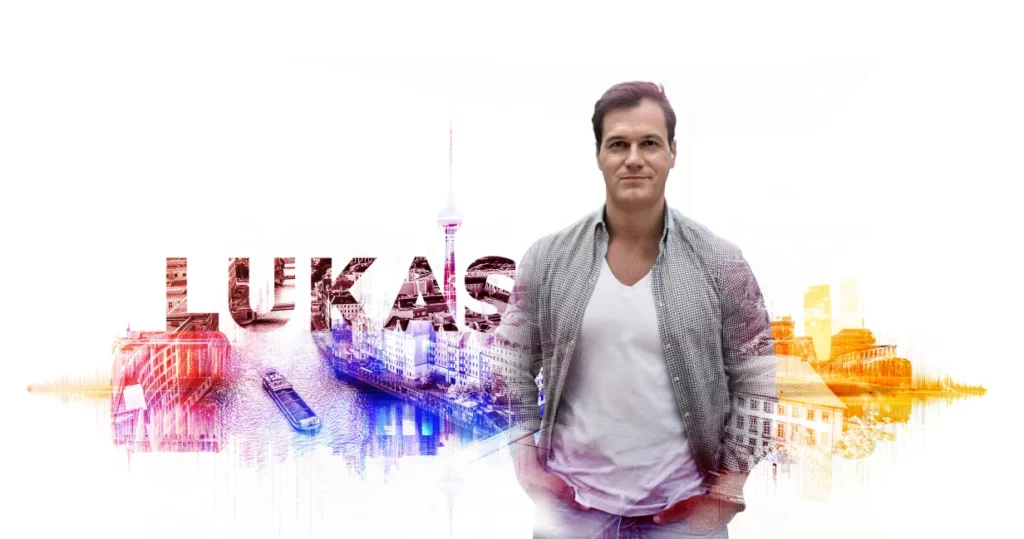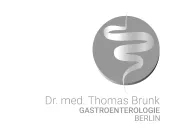“It wasn’t just about medicine, it was about helping others. Joining the trial gave me something powerful: a way to act.”
Julia
“I joined the trial because I know how much it means when someone helps. Your choice could change lives.”
Lukas
“Your participation can make a difference, not just for you, but for others who will follow. It’s a small act, but it has a big impact.”
Fatma
“It wasn’t just about medicine, it was about helping others. Joining the trial gave me something powerful: a way to act.”

“I joined the trial because I know how much it means when someone helps. Your choice could change lives.”

“Your participation can make a difference, not just for you, but for others who will follow. It’s a small act, but it has a big impact.”

Stories shape science. Let yours be one of them.
When you take part in a clinical trial, you are not just helping yourself. Your experience becomes part of the research that shapes tomorrow’s medicine for your community and for generations to come.
The future of healthcare is not built in labs alone. It is built by people. Together. If you want to understand how clinical trials work and how your story could help drive progress, you’re in the right place.
They didn’t create the solution, they made it real
Real people. Real stories. See how these Berliners are already making a difference through clinical trials.
Ready to share your journey? We’d love to hear it.
Julia
33, Office manager
Polish, living in Berlin for 12 years
Lukas
38, Project Manager, Urban Development
German, was born in Berlin
“I did it for my health, but the idea that it could benefit my son in the future is what truly mattered to me.”
Sven, 56
“For years, I was told the pain was in my head, that it was normal. I started to believe it. Joining the trial was the first time I felt truly listened to. That changed everything for me.”
Ana, 38
“I had tried every option my doctor gave me. When nothing worked, the trial felt like a last hope, and for once, I didn’t feel alone in my illness.”
Leila, 45
“I wasn’t sick, but I still wanted to be part of the solution. Research needs healthy volunteers too, and that was my way of giving back.”
Katja, 52
“I didn’t know anything about clinical trials. But the team explained everything so clearly, and suddenly I felt like I was part of something bigger than myself.”
Miriam, 34
“Being part of the study gave me structure, answers, and for the first time, hope. It wasn’t just about my condition, it was about being seen and heard.”
Dario, 37
Curious to learn more about clinical trials?
Explore why clinical trials matter and how the journey of a new treatment looks like.
Every treatment you've ever had started as a trial
Think you know how clinical trials work? Take the quiz to challenge some common myths, reveal surprising facts, and test your knowledge. Ready to separate science from fiction? Let’s go!
Berlin is leading the way in research that includes everyone
Want to get involved? See which clinical trials are happening in Berlin right now and find one that’s right for you.
130+
Hospitals and Clinics
More options for you
Berlin has one of the best healthcare networks in Europe. That means more places near you to take part in research, more specialists, and better care.
180+
Nationalities
Trials that reflect real life
Berlin is one of the most diverse cities in the world. This helps make clinical trials more inclusive and fair, so that everyone is represented.
4 Million
People
One strong community
Berliners care about health, science, and fairness. This is a city where people help each other, share knowledge, and believe in medical progress.
Be part of something bigger
Clinical studies help bring tomorrow’s treatments to life. In Berlin, you’re not just a participant, you’re part of a movement for better health, better care, and a better future.
Your participation matters, for today’s care and tomorrow’s cures.
Join our community and stay informed about the latest clinical trial news and health research opportunities in Berlin. Sign up for our newsletter and receive exclusive updates directly.
Powered by people, driven by community
Berlin is more than a city, it’s a mood. Are you a party-loving Kreuzberg, a leafy Pankow, or a lakeside Köpenick? Answer 5 quick questions and discover which district matches your vibe.
~50
35 000+
clinical trials are actively recruiting participants worldwide.
There’s something for almost everyone, across conditions, countries, and age groups.
What are clinical trials, and why do they need you?
Clinical trials are research studies that test new ways to prevent, detect, or treat diseases. They help doctors and scientists find out if a new treatment is safe and works better than what we already have.
Without clinical trials, we wouldn’t have the medicines, vaccines, or medical devices we use today. Every treatment started with people who chose to take part in research.
Why clinical trials matter?
Help improve health care for everyone.
Give patients access to new treatments before they’re widely available.
Offer hope and options when standard treatments don’t work.
Help researchers learn how diseases affect different people (e.g. age, gender, ethnicity).
The journey of a new treatment
Before a new medicine or therapy can help patients, it goes through a long and careful process to prove it’s safe and effective. This journey includes several types of clinical trials, each with a specific purpose.
Early discovery and ongoing pre-clinical research
Is it Safe? The treatment is used in a small group of healthy volunteers. The goal is to test safety, dosage, and side effects. Doctors start with very small doses and increase slowly while closely taking care of
Phase 1
Safety and best dosage levels are determined
20-100 healthy volunteers
Does it work? Researchers learn more about the best dose and how people who have the disease respond differently. For that a larger group of patients are involved to see if the treatment helps, and to continue checking for side effects.
Phase 2
Recording and analysis of response to new treatment
100+ participants
How does it compare? The new treatment is used in hundreds or even thousands of patients to compare to current standard treatments or a placeboPlacebo: An inactive substance or other intervention that looks the same as, and is given the same way as, an active drug or treatment being tested. Prescribed for the psychological benefit to the patient rather than for any physiological effect.. If the results are strong, the treatment can be submitted for approval by health authorities (like the European Medicines Agency – EMA).
Phase 3
Compare to standard care or placebo and submit for approval
300-3000 participants
Approval and Licensing. If the treatment passes Phase 3, it may be approved for public use. Regulatory agencies carefully review the data to make sure it meets safety and effectiveness standards.
Approval & licencing
Recording and analysis of response to new treatment
100+ participants
Long-Term Monitoring. Even after approval, research continues to see how the treatment works in the real world, whether rare side effects appear later, or if it might help with other conditions.
Phase 4
Post-marketing surveillance to monitor safety and efficacy
Each phase is carefully monitored by doctors, scientists, and ethics committees.
Want to learn more about clinical trials?
See how it works, why it matters, and how you can take part.





